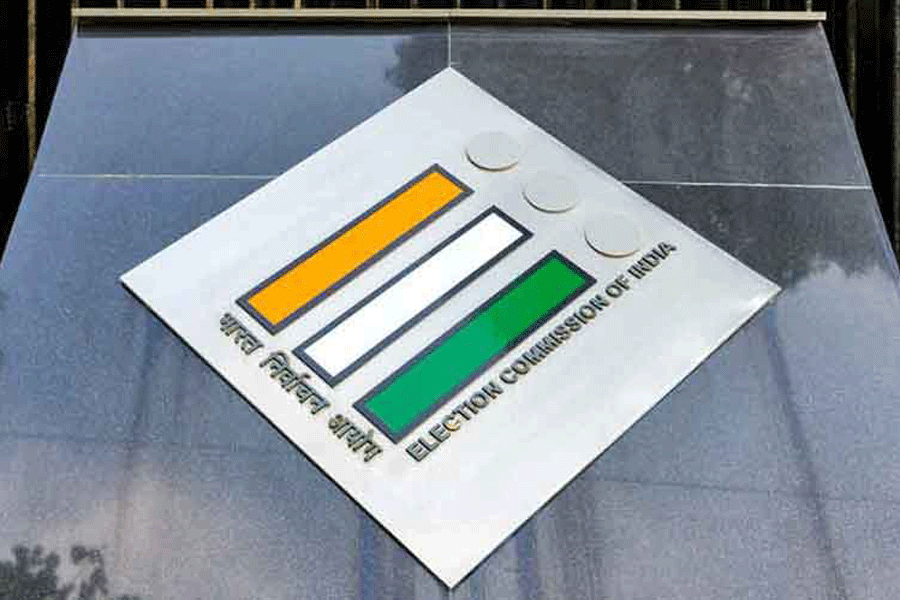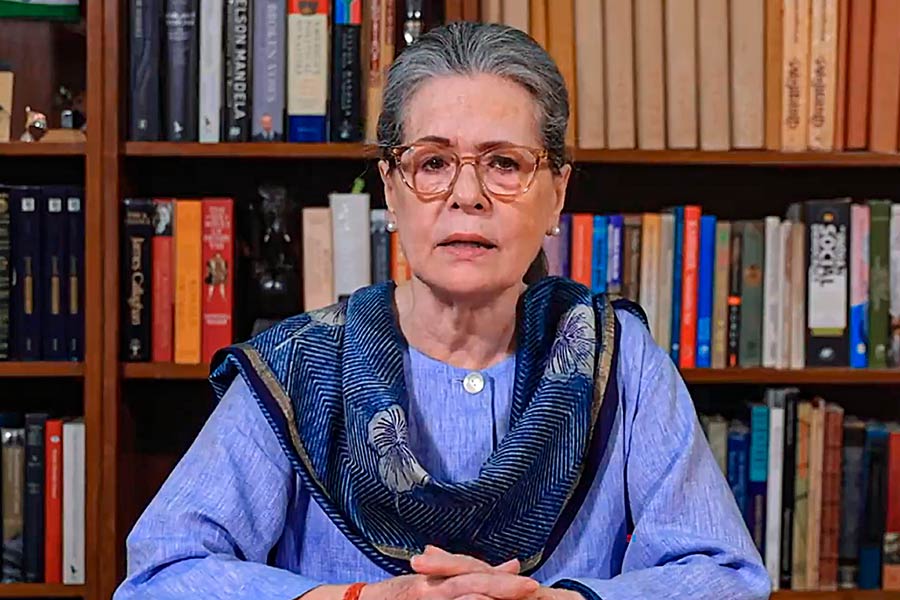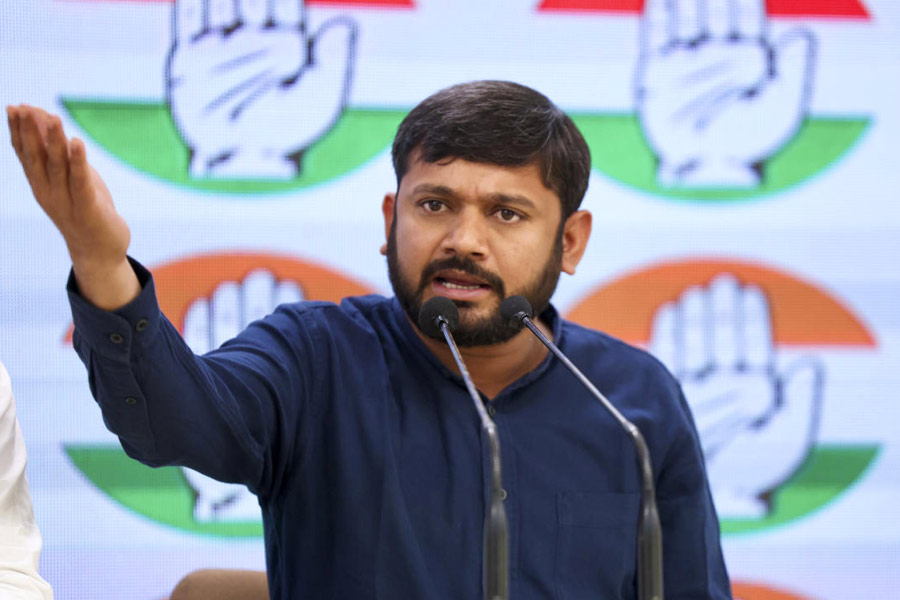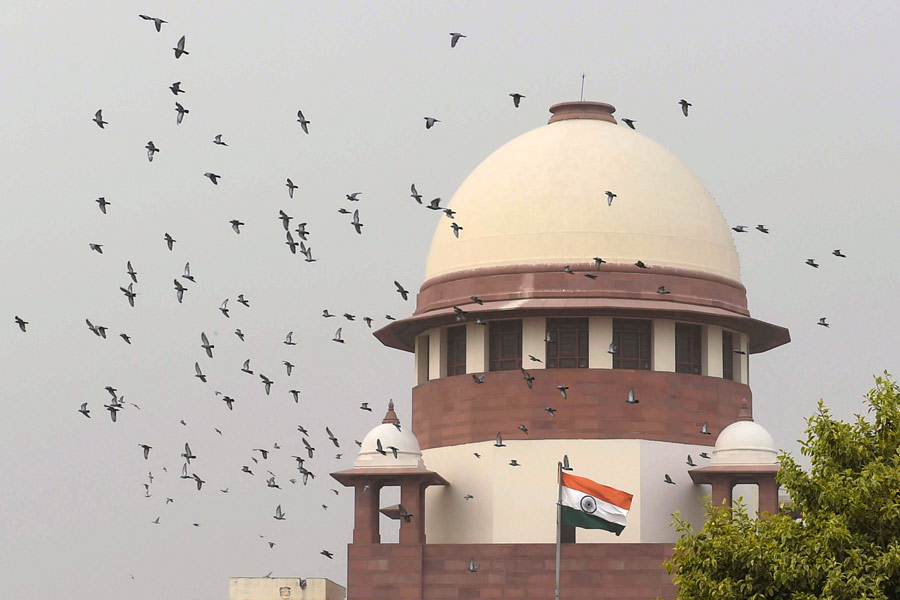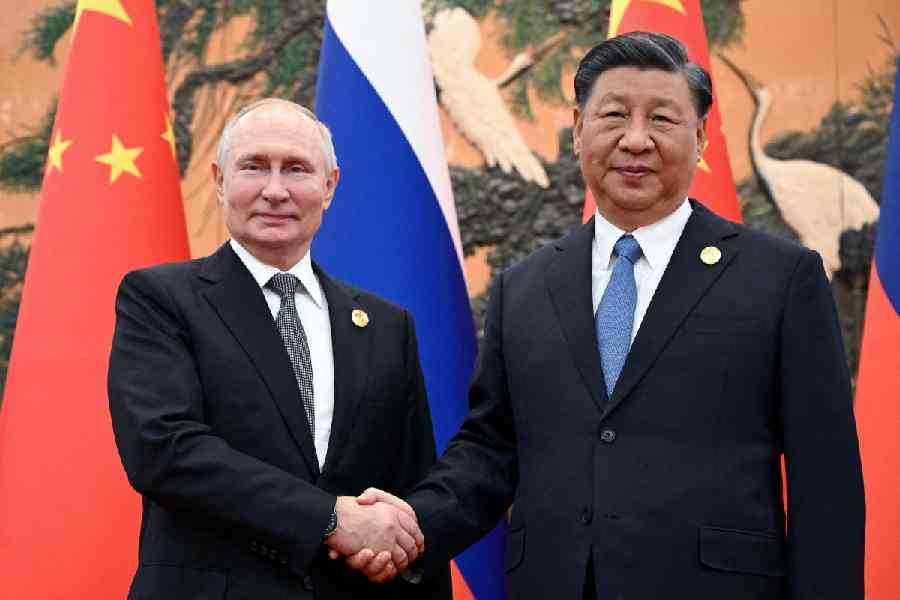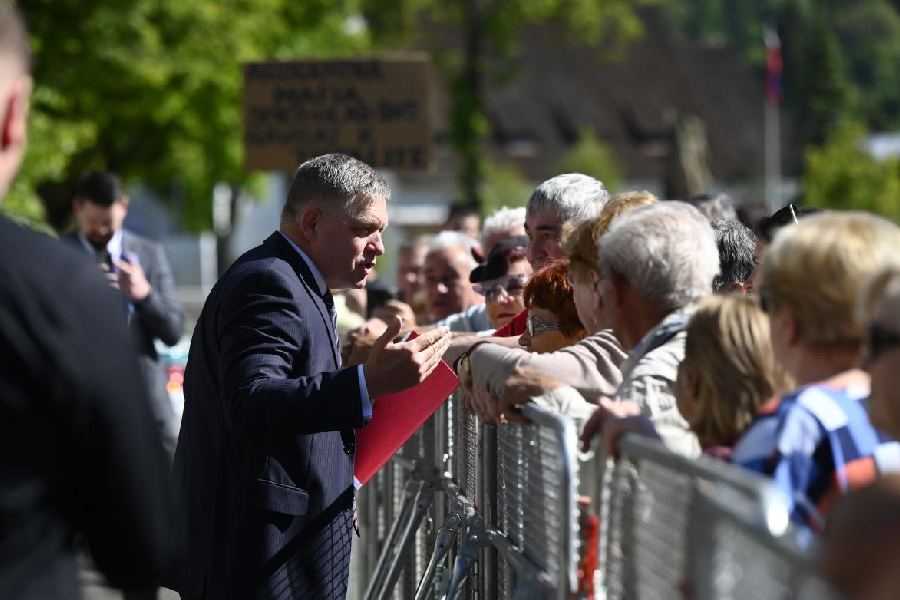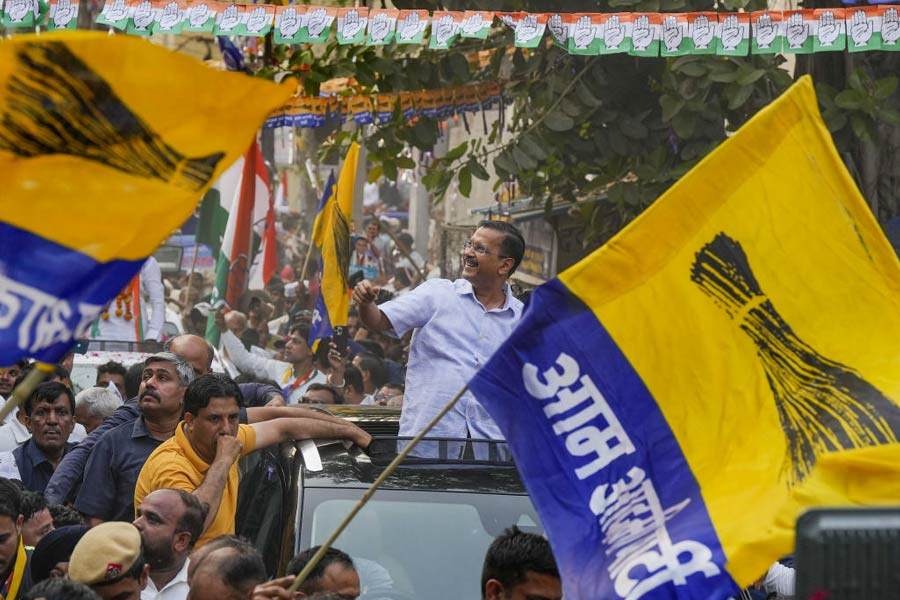The disciplined flow of traffic day after day on the narrow streets of Mizoram capital Aizawl invariably impresses visitors and tourists. There is no honking, no overtaking even if the jam is long.
Like its much-hailed public-led traffic control mechanism, Mizoram’s almost noiseless and colourless election campaign too attracts the attention of visiting poll officials, reporters and tourists.
Most of them seem to believe, like the residents, that the restrictions in place might someday become a template for other states where noisy and chaotic campaigns can be a nightmare for officials and the public alike, and where cash and other inducements are not uncommon.
The understated campaigning for the November 7 elections in Mizoram owes to restrictions put in place jointly by the Church-backed election watchdog, the Mizoram People Forum (MPF), and the political parties themselves. They signed an agreement way back in February to keep things low-key as before to allow a clean, free and fair election.
Among the clauses in the agreement is a bar on house-to-house campaigning once the election date is announced, the arrangement of a common platform where all the candidates from a constituency can share their vision and take questions from voters, and a ban on parties hosting public feasts.
Even the number and size of the banners, posters and party flags to be displayed are fixed to keep a leash on the poll expenditure.
The MPF, a voluntary organisation of seven Church denominations and five NGOs, was formed in 2006 to check unfair poll practices. By 2008, the dos and don’ts aimed at clean elections had kicked in. They have since been implemented in all the elections --- local, Assembly and Lok Sabha --- with the cooperation of the political parties and the public.
“The implementation of the dos and don’ts has been fairly good,” MPF general secretary Rev Lalramliana Pachuau told The Telegraph.
“We are working with the political parties to check unfair practices. Parties and candidates are requested not to exceed the election expenditure limit as specified by the Election Commission of India (EC) or the state election commission.”
The EC has acknowledged the MPF’s efforts at ensuring free, fair and peaceful polls, Pachuau said.
He added that the agreement between the MPF and the political parties can be replicated elsewhere “by planning carefully, because what may work in Mizoram may not elsewhere”.
According to the agreement, house-to-house campaigning leaves scope for “corrupt practices” and is an “expensive and exhausting endeavour”. Instead, there should be a “common platform for all candidates to deliver speeches at a specified time and place”.
The dos and don’ts have been widely accepted in the Christian-majority state, where the Church wields a lot of influence on a close-knit community.

